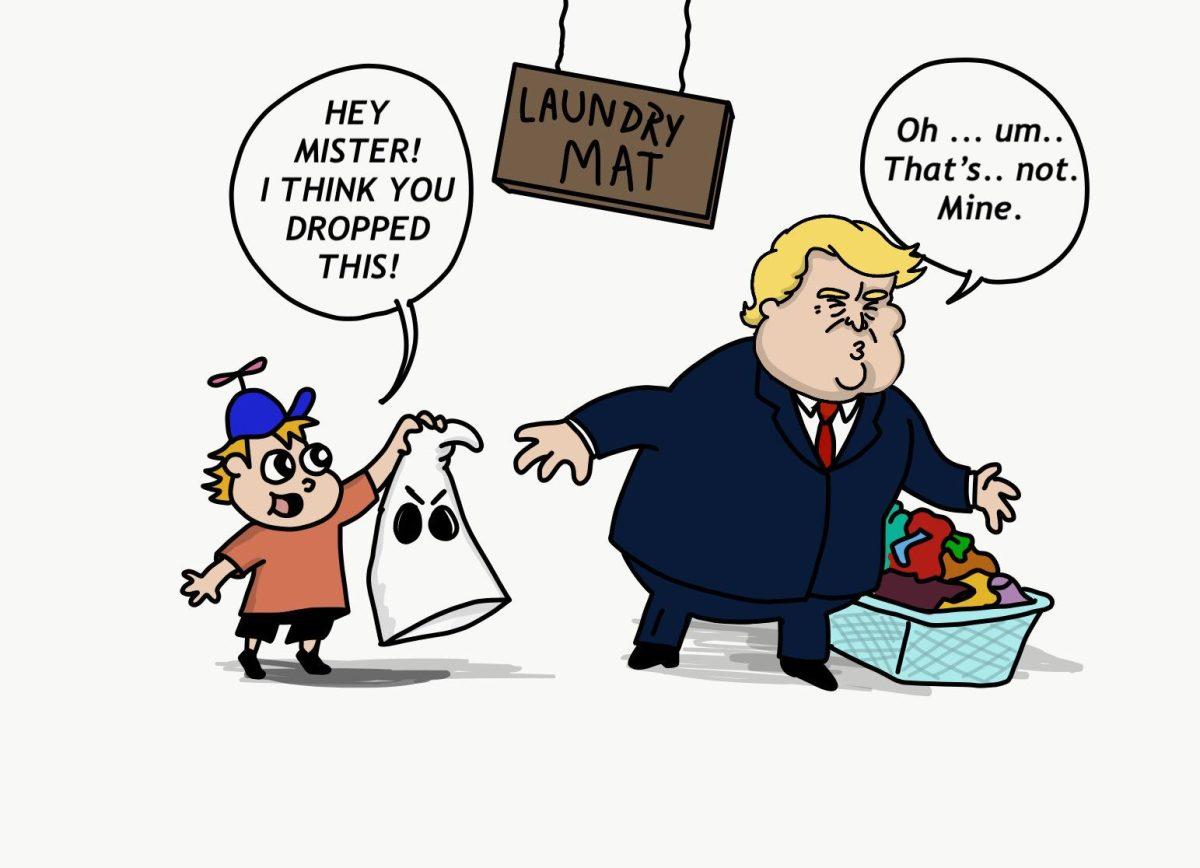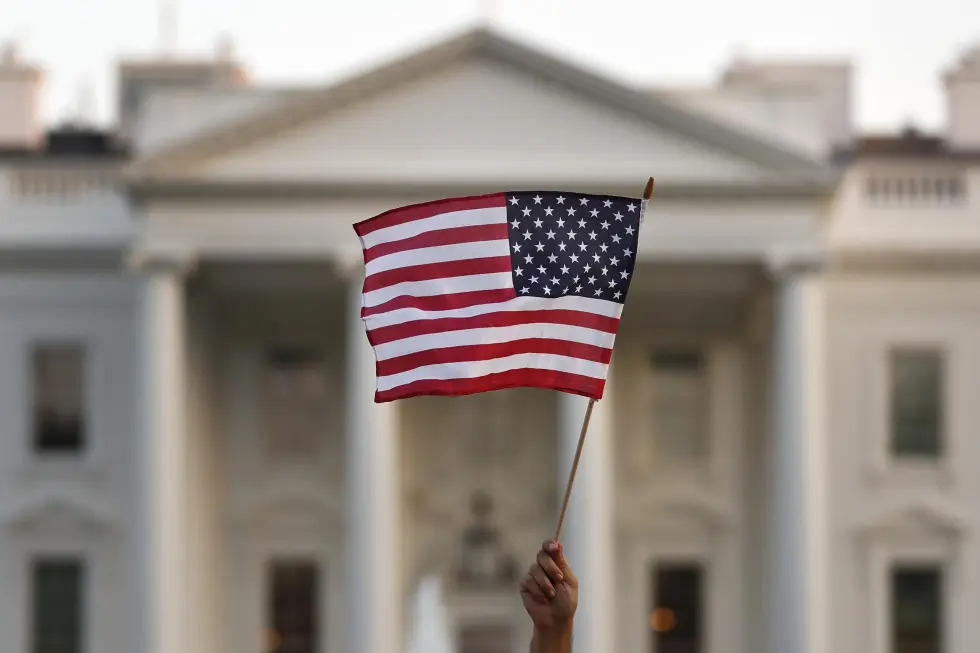Like many, I met Trump through reality television. My mom, who caught the occasional episode of “Celebrity Apprentice” when it aired, admitted a sort of catharsis in observing the unrelatable problems of (mostly) white millionaires.
Personally, I was fascinated by Trump’s ability to put contestants in their place with his simple catchphrase: “You’re fired.” Though contestants played for a hefty donation to a charity of their choosing, the show ultimately tested their aptitude in maintaining and utilizing power and wealth. In hindsight, it makes sense the host would graduate to politics.
Trump’s political career was founded on the reactionary “Birther Movement,” which was an effort to paint 44th President of the United States Barack Obama as a foreign-born Muslim as part of a racist smear campaign against his administration.
Since his role in peddling this conspiracy almost a decade ago, Trump has managed to earn the favor of voters critical of Obama’s liberal policies and the racists who lynched his effigy alike. This lasting alliance has made way for cruel far-right violence and deepened racial tensions and wealth inequality.
Moderator Chris Wallace requesting a condemnation of Trump’s white supremacist supporters at the first 2020 presidential debate may have made for good television, but the incumbent’s words would have meant little either way.
The sensational moment failed to account for how the president’s rhetoric continues to serve white supremacy. From the inception of his presidential campaign, Trump has utilized his executive power, social influence and finances to further a racist agenda.
If one were to view Trump in a vacuum, they’d see a man obsessed with his own legacy. However, as one of the most powerful political elites on the planet, Trump’s legacy has effectively deepened domestic and global systems of oppression.
Unlike his career-politician counterparts, Trump boasts a brand of conservative populism which has been largely successful in unifying the right. There’s a reason the political motives of working-class evangelicals, billionaire CEOs and militant neo-Nazis seamlessly intersect under his agenda.
For example:
1) Corporate bailouts directly benefit the rich while disregarding poor people of color.
2) The U.S. Immigrations and Customs Enforcement agency (ICE) separates and abuses immigrant families while reinforcing American exceptionalism and xenophobia.
3) Trump opposes Roe v. Wade and abortion rights to appease his evangelical base while simultaneously pardoning convicted war criminals.
This is the white supremacist agenda: passing legislation that mutually reinforces demonstrably racist class structures regardless of the majority public opinion.
White supremacist doctrine has fueled our young nation’s economy for centuries, driving the systemic oppression, slavery and genocide of countless Native Americans and Africans to benefit the white ruling class.
Proponents of slavery and Jim Crow-era racism were concerned with ensuring their own socioeconomic gain both thanks to and in spite of anti-Black violence.
“Make America Great Again” is often cited as a symbol of bigoted far-right politics. This infamous campaign slogan harkens back to our nation’s complicated history — a time when social liberalism and political correctness weren’t governing forces in American life.
This attitude has remained a contentious topic, as several minority groups have only recently acquired certain rights. Further, this platform completely disregards those who have yet to receive justice or consideration.
For Black and indigenous Americans, immigrants, LGBTQ+ individuals, those living with disabilities and poor and working-class people, the question remains: when exactly was this nation great to begin with?
I’ll pose a scenario: if stripped of your current finances, citizenship, privileges and connections, what would a “great” America look like to you? How would you help build it? Who would you align with? Would your uplifting come at the expense of others?
It is imperative we follow these harsh truths to their logical conclusions. If Donald Trump inspires white supremacist violence, what does that say about him? You and I may be inconsistent in adhering to our stated beliefs. It’s a fundamentally human flaw. Yet, unlike the president, all we have are our votes and our voices.
If my voting record and public persona are indicative of my political beliefs, then Trump’s rhetoric and policies are indicative of his. As a Black American and student of history, I’m familiar with the systems and institutions that continue to oppress me and my family.
Trump and his supporters’ paying lip service to minorities does not erase his racist policies. Seeking out minorities to validate Trump’s constant indiscretion is not engagement; it’s pandering.
Whether it’s his fellow celebrities or the children of refugees, Trump thrives on putting others in their place. Undoing the first Black president’s legacy was only the start.
To him and his followers, making America “great again” means returning to a hierarchy that explicitly favors whiteness. Trump understands this. You should too.
Kevin Doucette is a 20-year-old political science junior from New Orleans.
Opinion: Trump has always been a white supremacist
October 8, 2020
Trump Has Always Been…







